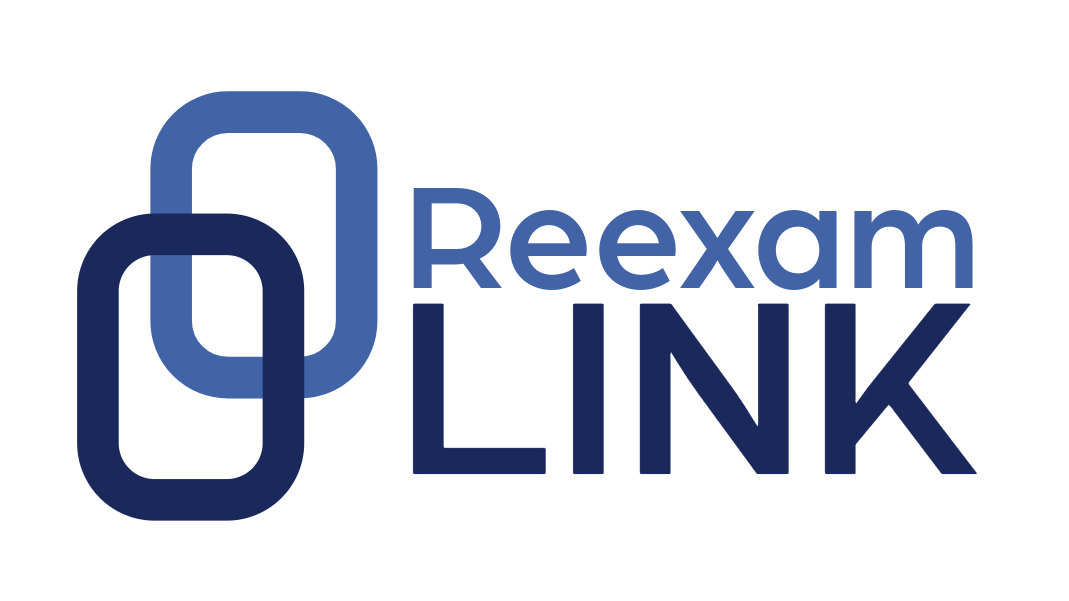Category: Claim Construction
-
To Limit or Not To Limit, That is the Question
It’s 2024, but patent attorneys and judges still can’t agree whether a preamble is limiting to determine potential patent infringement. One recent district court case tees up this issue in style. District court Chief Judge Colm F. Connolly was presented the issue of whether the preamble “a vaccine” was limiting or not in Alnylam Pharmaceuticals…
-
Complex Claim Construction Issues in Knowles Electronics v. Cirrus Logic
—
by
A recent Federal Circuit case demonstrates the complexity of resolving difficult claim construction issues in multiple agency and court proceedings. In Knowles Electronics v. Cirrus Logic the Federal Circuit declined to apply its own prior claim interpretation of the same term of the same claims of the same patent. U.S. Patent No. 6,781,231 (“the ’231 patent”) entitled “Microelectromechanical System…
-
PTAB Narrows Its Preliminary Claim Interpretation To Uphold Cellular Patent
In July, 2014 Ericsson Inc. and Telefonaktiebolaget LM Ericsson (“Ericsson”) petitioned for inter partes review of claims 1, 2, 8-12 and 18-22 of U.S. Patent No. 7,787,431 owned by Intellectual Ventures II LLC (“IV”). In February, 2015, the Board instituted trial on claims 1 and 2 based on obviousness grounds, but denied institution of obviousness…
-
Are Patent-Friendly PTAB Decisions On the Rise?
Patent litigation changed with passage of the America Invents Act. Overnight the PTAB became a new venue for challenging patent claims using IPRs, CBMs and PGRs. The initial reaction by the patent bar to the PTAB’s “take charge” approach to instituting review and canceling patent claims was met with approval by businesses under attack by…
-
Federal Circuit Employs Phillips Claim Construction to Measure Claims Amended in Reexamination for Possible Intervening Rights
—
by
in Broadest Reasonable Interpretation, claim challenges, Claim Construction, clear and convincing evidence, covered business methods, Damages, Ex Parte Prosecution, Federal Circuit, inter partes review, intervening rights, Litigation, past damages, Phillips claim construction, Post Grant Review, preponderance of evidence, prior art, reexamination generallyWhen patent owners sue an accused infringer for patent infringement, one way for the accused infringer to avoid liability is to show noninfringement of the patent claims. But if the claims are extremely broad, the accused infringer may find it difficult to prove noninfringement and instead may have to rely on a showing of invalidity to avoid…
-
Federal Circuit Interprets Board’s Broadest Reasonable Interpretation Standard – Part II
In Microsoft Corp. v. ProxyConn, Inc. v. Michelle K. Lee, Intervenor (Fed. Cir. cases 2014-1542 and -1543), the Federal Circuit reversed claim constructions made by the Board in the underlying IPRs. One of the claim constructions that was reversed related to the interpretation of components of a packet-switched network. In particular, the claims recite a…
-
Federal Circuit Interprets Board’s Broadest Reasonable Interpretation Standard – Part I
We know from the Federal Circuit’s decision in In re Cuozzo Speed Technologies, that the broadest reasonable interpretation (BRI) standard applies in IPRs, but in a recent appeal decision, the Federal Circuit has announced limits to the application of BRI. Microsoft had filed two separate IPR petitions challenging certain claims of U.S. Patent No. 6,757,717, which were later…
-
In re Cuozzo Speed Technologies: Federal Circuit Affirms Board Finding of Unpatentability in First IPR
The Federal Circuit affirmed the final determination of the Board in the first inter partes review under the Leahy-Smith America Invents Act (AIA). Garmin petitioned for IPR of claims 10, 14 and 17 of U.S. Patent No. 6,778,074 owned by Cuozzo Speed Technologies. The Board found these claims obvious and denied Cuozzo’s motion to amend the…
-
Divided Federal Circuit Panel Finds Computer System Claims Not Patent-Eligible
Posted: September 8, 2013 On September 5, 2013, the Federal Circuit affirmed a District court holding that a computer system claim was not patent-eligible under 35 U.S.C. § 101. In Accenture Global Servs., GmbH v. Guidewire Software, Inc., a divided panel affirmed a District of Delaware decision finding system claims 1-7 of U.S. Patent 7,013,284 not…
